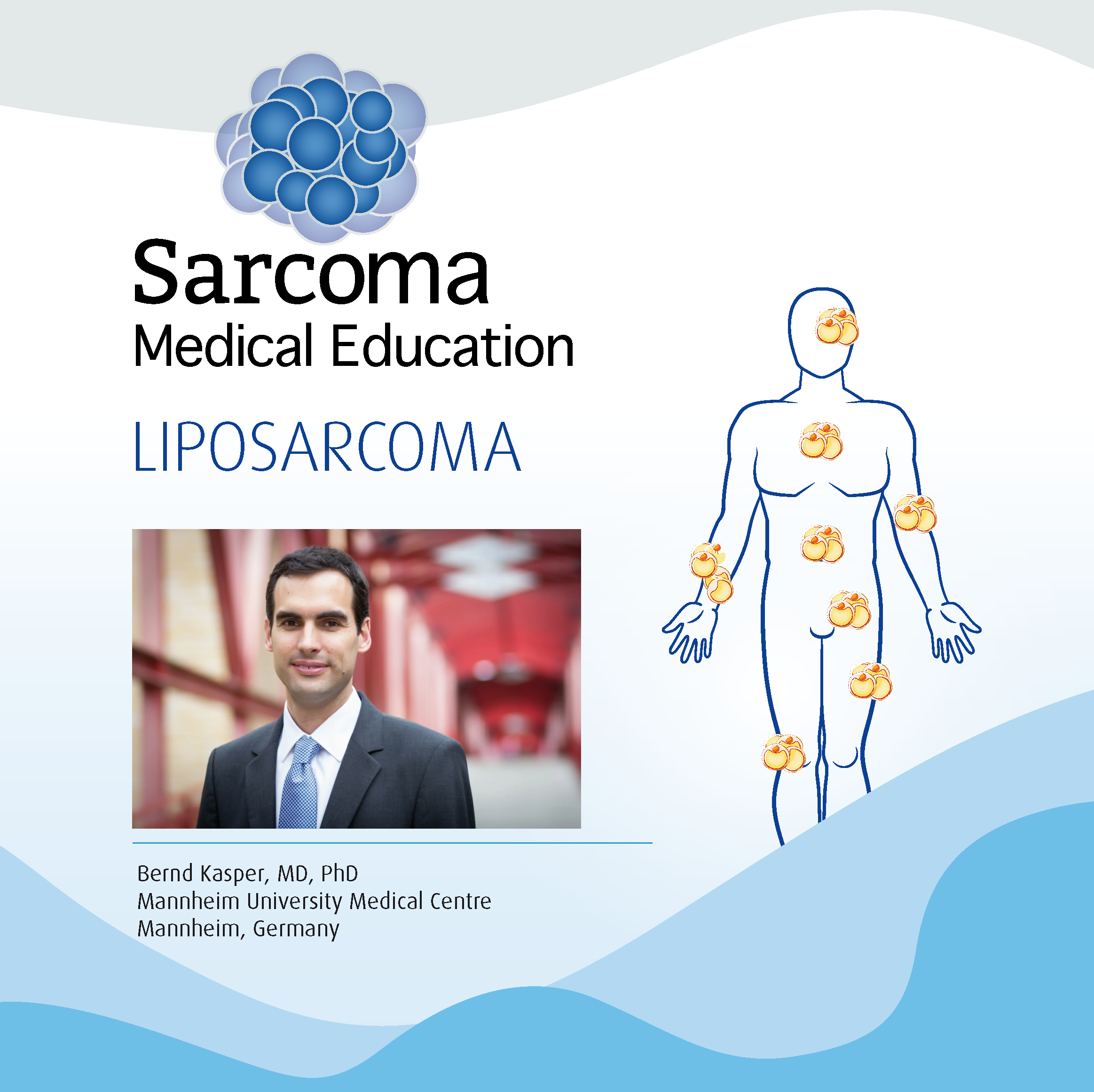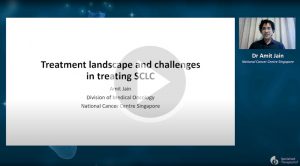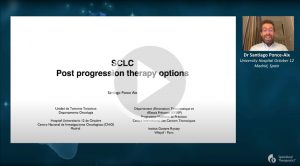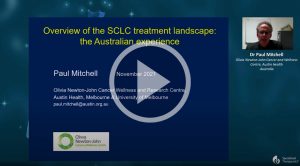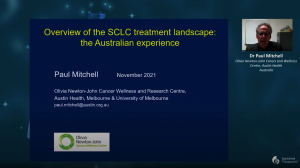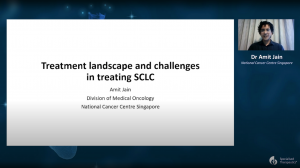Specialised Therapeutics Signs Exclusive License Agreement with CanariaBio for New Ovarian Cancer Therapy
- First ovarian cancer therapy for ST oncology portfolio
- Phase 2 study demonstrated oregovomab in combination with chemotherapy improved progression free survival by ~30 months compared to chemotherapy alone1
- Phase 3 results expected in 2025
- Exclusive license for AU, NZ, Singapore, Malaysia, Brunei, Thailand and Vietnam
Singapore and Seoul, South Korea, 13 October 2023: Independent biopharmaceutical company Specialised Therapeutics Asia Pte Ltd (ST) has signed a license deal with Korea-based CanariaBio Inc., acquiring the exclusive license to a new monoclonal antibody therapy for patients with ovarian cancer in Australia, New Zealand and in select Southeast Asian countries.

The therapy, known as oregovomab, is currently in a pivotal phase III international clinical trial known as the FLORA-5 study.2 This investigation is examining oregovomab in combination with chemotherapy agents carboplatin and paclitaxel for patients with advanced ovarian cancer.
Under the terms of the arrangement, ST will be responsible for all commercial, medical, regulatory and distribution activities for oregovomab in its key territories of Australia, New Zealand, Singapore, Thailand, Vietnam, Brunei and Malaysia. CanariaBio will be responsible for the manufacture and supply of oregovomab to ST.
Announcing the partnership, ST Chief Executive Officer Carlo Montagner said he was pleased CanariaBio had selected ST as a partner for this highly promising therapy.
“ST has a portfolio of anti-cancer therapies targeting multiple solid tumours with the exception of ovarian cancer, and now oregovomab becomes our first ovarian cancer agent,” Mr Montagner said.
“Despite great advances in recent years, there remains a high unmet need in all our regions to treat this patient population. We look forward to working closely with our new partners at CanariaBio and pending the results of the pivotal Phase III registration study, making oregovomab available to eligible patients.”
CanariaBio Chairman and CEO Michael Na said the company had selected ST for its regional expertise and strong track record commercialising oncology products. Carlo Montagner (Oct 11, 2023 12:11 GMT+11)
“Formalising this agreement is a pivotal moment for our program. This collaboration is more than just a deal – it’s a shared commitment as we develop novel therapies to address unmet medical needs. At CanariaBio, we’ve always believed in the transformative power of partnerships, and teaming up with ST reinforces this belief.” Oregovomab works by targeting and binding specifically to a surface protein known as CA-125 found on the surface of ovarian cancer cells, then activating the patient’s own immune system to respond.3
In the Phase 2 study, the addition of oregovomab to chemotherapy yielded a median progression-free survival of 41.8 months compared with 12.2 months with standard chemotherapy alone (HR, 0.46, P=0.0027). The overall survival hazard ratio was 0.35.1 The Phase 3 FLORA-5 study is fully enrolled and ongoing. Final results are expected in 2025.
Ends.
Further enquiries:
- ST Senior Manager Communications and Corporate Affairs Emma Power
+61 419 419 525 or email epower@stbiopharma.com
- CanariaBio Communications Manager Jacquelyn Choi
+82 6925 2177 or via email jacquelyn@canariabio.com
About Specialised Therapeutics
Founded in 2007, Specialised Therapeutics is the region’s largest independent specialty pharmaceutical company, providing new therapies and technologies to patients in Australia, New Zealand and across Southeast Asia. Headquartered in Singapore, ST partners with global pharmaceutical, biotech and diagnostic companies to bring novel healthcare opportunities to patients who are impacted by a range of diseases. ST has built a strong track record of success, navigating complex regulatory, reimbursement and commercialisation environments in its diverse regions. The ST mission is to provide specialty therapies where there is an unmet need. The company’s broad therapeutic portfolio currently includes novel agents in oncology, haematology, CNS, ophthalmology and supportive care, although it is not confined to these areas. Additional information: www.stbiopharma.com
About CanariaBio Inc. CanariaBio Inc. is a clinical-stage biopharmaceutical company dedicated to the development and commercialization of innovative cancer biotherapeutics. CanariaBio’s technology platform includes a portfolio of tumor antigen-specific monoclonal antibodies targeting CA-125, MUC1, PSA, and HER2/neu.
About Oregovomab
Oregovomab is a murine monoclonal antibody directed to the tumor-associated antigen CA-125 that stimulates a host cytotoxic immune response against tumor cells expressing CA-125, a biomarker commonly found in ovarian cancer (OC). In a randomized Phase 2 clinical trial, oregovomab demonstrated a significant improvement in progression-free and overall survival in advanced OC treatment when administered simultaneously with first-line chemotherapy. This promising schedule is currently being investigated in a Phase 3 trial.
About FLORA-5 Phase 3 Study
The Phase 3 clinical trial called FLORA-5/GOG-3035, is a double-blind, placebo-controlled, multicentre clinical study comparing the safety and efficacy of oregovomab versus placebo when administered in combination with specific cycles of a standard six-cycle chemotherapy regimen (paclitaxel and carboplatin) for the treatment of newly diagnosed patients with advanced epithelial ovarian, fallopian tube or peritoneal carcinoma, in conjunction with optimal debulking surgical resection. The primary and secondary endpoints, for both the adjuvant and neoadjuvant cohorts of this trial, are progression free survival and overall survival, respectively. The FLORA-5 trial is being conducted in collaboration with the Gynecologic Oncology Group Foundation in the US and IQVIA (a clinical research organization). Greater China area clinical trials are conducted in collaboration with OncoVent, a Shenzhen Hepalink Pharmaceuticals Group Company in China, which is also the commercialization license holder of oregovomab for China. Information on the clinical trial can be found on www.clinicaltrials.gov
References:
- Brewer M, et al. Gynecol Oncol. 2020.156(3):523-529
- ClinicalTrials.gov NCT04498117
- www.FLORA-5.com. Last accessed October 2023.
